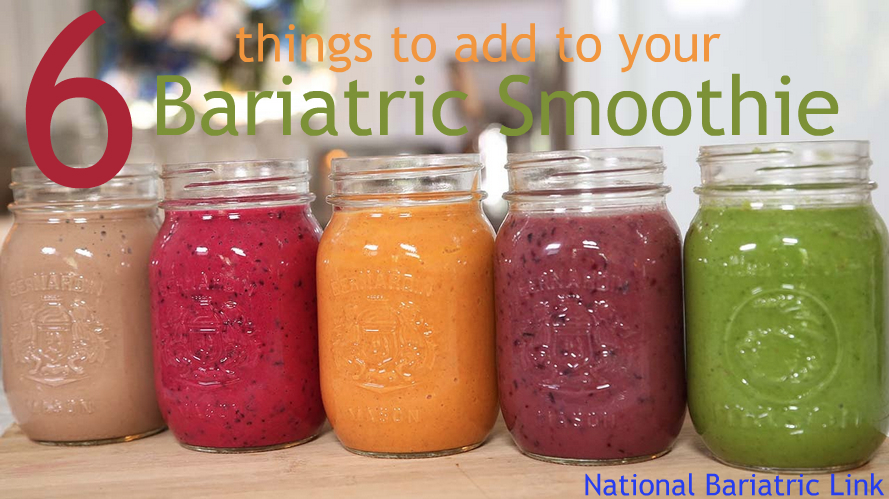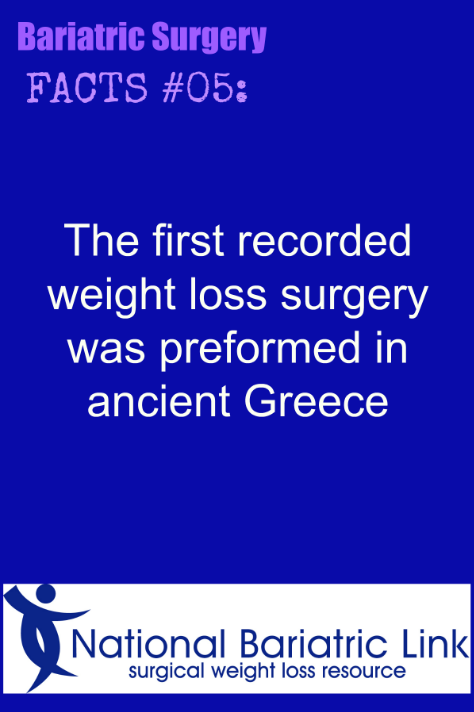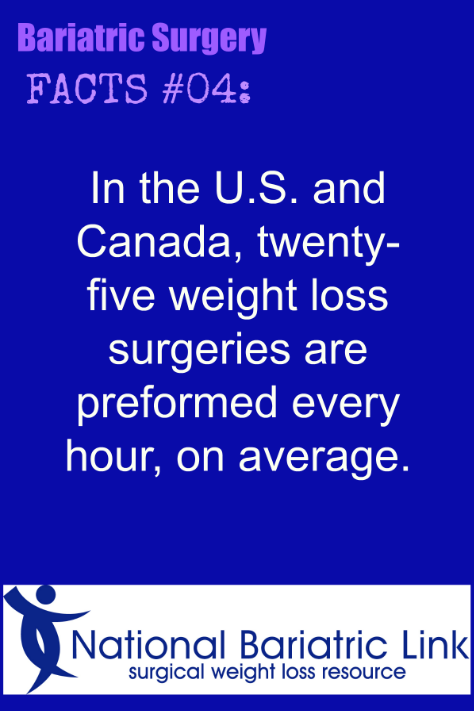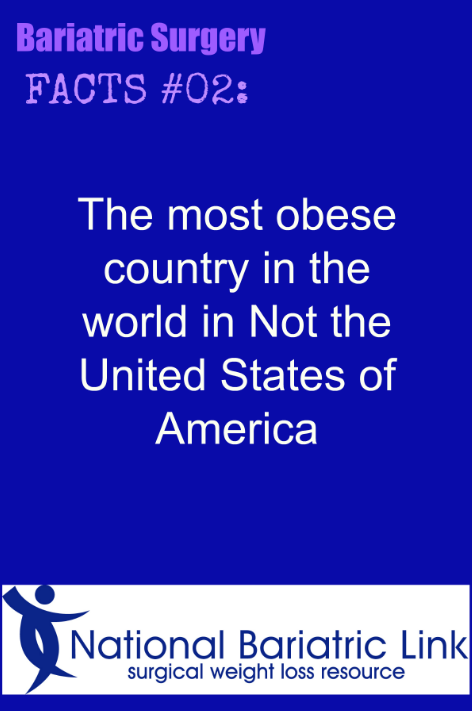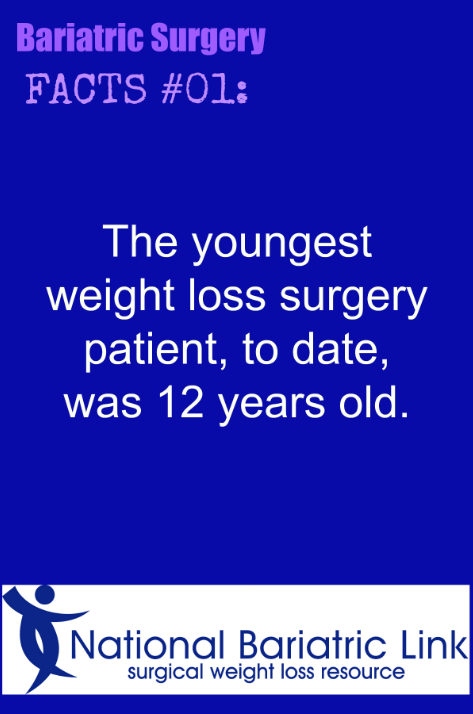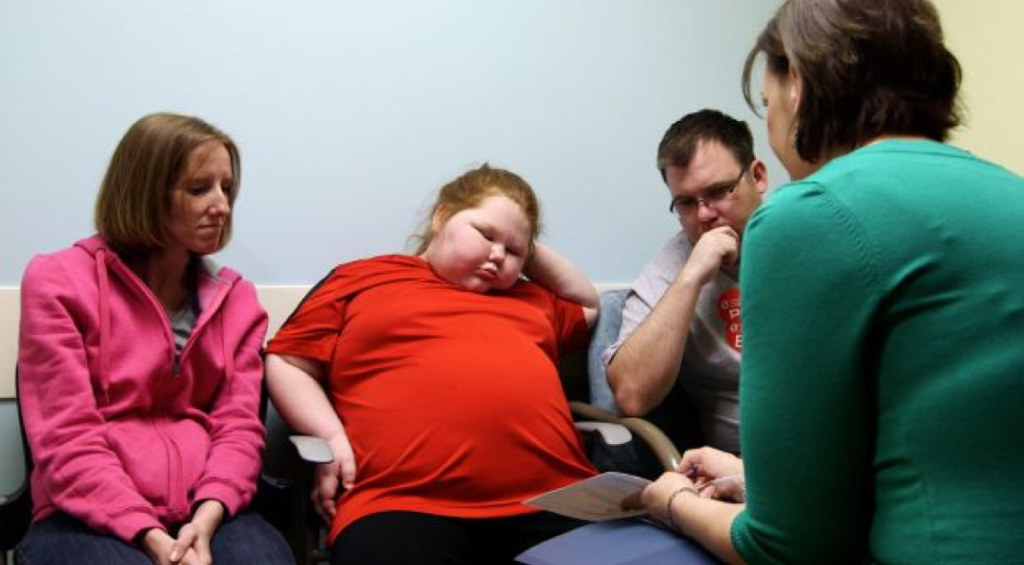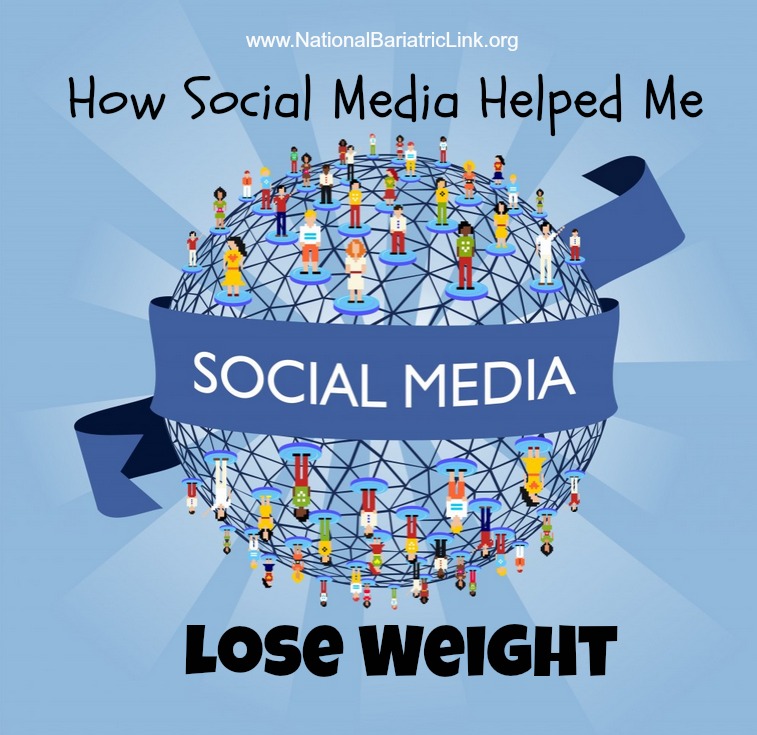Fall brings lots of temptations to Bariatric surgery patients as well as others who are watching what they eat. Weight loss can be difficult due to all the temptations but Halloween is especially difficult.
You’ve probably heard people use the expression ‘you gotta choose your battles wisely‘. It’s really good advice for life in general, but this is especially true for those who have underwent weight loss surgery.
Watching Your Bariatric Diet on Halloween
While celebrating Halloween this year, try to think about the holiday in a new way. After all, changing the way you think is part of what makes Bariatric so successful. As you throw tradition to the wind and look for healthy Halloween options, here are some tips that just may help.
Healthy Halloween Tips
#1 – Don’t celebrate Halloween just because it is a tradition, especially if it has the potential to sabotage your diet. Your weight loss journey requires a new lifestyle. Perhaps you would be best not to observe this candy inspired holiday. Instead, turn the porch light off and find other ways to celebrate October 31st.
#2 – If you have children or grandchildren and want to observe the holiday by handing out candy and treats, do not purchase candy and treats that will tempt you. For example, if you cannot stand licorice, that’s the perfect treat to buy for all the little ghouls and goblins who’ll come knocking at your door.
#3 – If you plan to hand out candy for Halloween, wait until the last possible minute before purchasing these little treats so they aren’t lurking around the house to tempt you. Additionally, be careful not to overstock. It’s better to turn the porch light out early than to have bags of candy taunting you from the pantry.
#4 – Consider an alternative to candy this Halloween, such as coins, small toys or stickers. There are other non-candy options such as fresh fruit, cheese and cracker packs, animal crackers or boxes of raisins, to name a few.
#5 – Perhaps you have friends who have undergone Bariatric surgery or struggle with weight loss. Say goodbye to remorse by hosting a healthy Halloween get-together with fun activities and an attractive food spread with nutritious options.
#6 – You will save a lot of money on candy and get in some much needed exercise when you decide to walk around the neighborhood with your kids as they trick-or-treat. Being active and social feels good, and seeing those spooky costumes and masks will probably increase your heart rate, helping you burn calories.
These are just a few tips to help celebrate Halloween without remorse. What will you be doing on October 31st?



